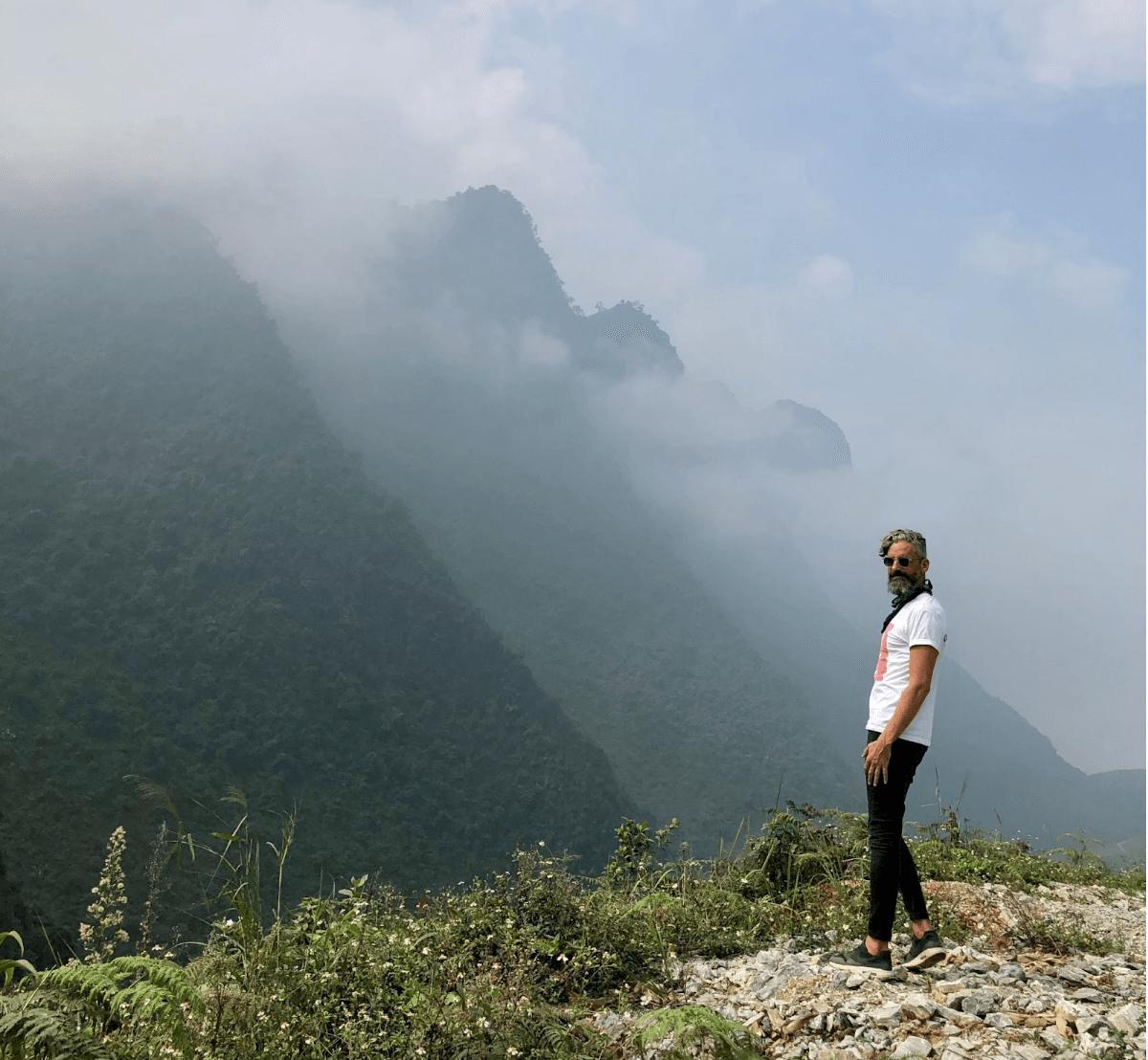When you rent a car, it’s important to know whether you need car rental excess insurance. Of course you need to be protected in case of an accident. But do you really need the extra car rental insurance options you’ll inevitably be offered when paying for your rental? The short answer is not always. Here’s everything you need to know about car hire excess insurance.
What is car rental excess insurance?
Rental car excess insurance protects you from having to pay an excess fee to the rental company if your rental car is stolen or damaged. If you have to make a claim on your rental car insurance, you’ll usually have to pay an excess fee. This can run into the thousands of dollars. Taking out excess insurance means you won’t have to pay it.
There are two closely related but different car rental excess insurance variants.
- Excess cover: Acts like insurance for your insurance excess. Make a claim on your insurance and you’ll still have to pay the excess charge. You can then use your excess cover car insurance to claim that money back.
- Excess waiver: Lets you avoid paying the excess charge altogether.
You can buy hire car excess insurance directly from your rental company or from a third-party provider. Sometimes, you may find it comes as a perk with your bank or credit card. Taking out car insurance excess cover gives you peace of mind that you’ll be covered in case something happens. But it doesn’t usually come cheap.

Loss and Collision Damage Waiver
Car rental companies typically offer a Loss Damage Waiver (LDW) or Collision Damage Waiver (CDW) when you make an online reservation and again when you pick up the vehicle. Buy one and the company forfeits the right to charge you for damages to the rental car.
If you buy an LDW or CDW, check exactly what it covers, as it varies from one rental company to the next. Often, they won’t cover damage to your tires, side mirrors and sometimes the windshield. They’re also annulled if any damage arises from gross negligence like speeding or driving while intoxicated, or breaking the terms of your rental.
How much does car rental excess insurance cost?
Vehicle rental excess and excess cover insurance charges vary wildly. Influencing factors include the rental company, type of rental car, rental duration, location and rental agreement terms. You’ll find exact details on the excess amounts for your specific rental in the rental agreement.
Below is an example of costs and charges for some of the major rental companies based on a series of set criteria.
- Online booking
- Pick up and drop off: New York JFK Airport
- Rental period: One week
- Car type: Standard sedan
In this table:
- Default excess amount refers to the amount you’re liable for if the rental car is damaged or stolen and you haven’t bought optional insurance. In the US, if you don’t buy damage waiver insurance, you may be responsible for the full value of the car. It’s important to remember though, that this is worst case scenario and claims of this size are rare.
- Excess insurance refers to the cost of car rental excess insurance to reduce your liability to zero. This is usually called Loss Damage Waiver (LDW), Collision Damage Waiver (CDW) or Damage Waiver (DW).
| Rental company | Default excess amount | Excess insurance |
|---|---|---|
| Avis | Varies by location but typically the full value of the rental car + fees | $12 /day Loss Damage Waiver (LDW) |
| Budget | Varies by location but typically the full value of the rental car + fees | $12 /day Loss Damage Waiver (LDW) |
| Enterprise | Varies by location but typically the full value of the rental car + fees | $8.99-$74.99 /day (calculated at the rental counter) Damage Waiver (DW) |
| Hertz | Varies by location but typically the full value of the rental car + fees | $17.10 /day Loss Damage Waiver (LDW) |
| SIXT | Varies by location but typically the full value of the rental car + fees | Included in rental price Loss Damage Waiver (LDW) |
What does car rental excess insurance cover?
Depending on the policy’s terms and conditions, the insurance can cover some or all the costs should you get in an accident. You may also find your excess insurance policy covers things often excluded from basic waivers. This can include damage to the undercarriage or roof, towing charges, and rental company admin and loss of use fees.
I once turned down excess insurance at the counter renting an SUV, as I had third-party insurance. I ended up paying $500 for a chipped windshield because my existing insurance didn’t cover the Dominican Republic, where I was renting. Golden rule: read the insurance terms and make sure you’re covered!
Duncan Madden, travel writer
Here are some real-world examples to give you an idea of what excess insurance might cover. But always remember to check the terms to be sure.
| Incident | How excess insurance can help |
|---|---|
| A stone chips your windshield | Covers the repair or replacement charges, which could otherwise cost $300–$800 |
| You scratch your bumper when parking | Covers minor bodywork repairs that could trigger a claim with a high excess charge, often $500–$1,500 |
| You hit a pothole and damage a tire | Covers tire repair or replacement, which many standard rental waivers exclude |
| You lose your keys (or lock them in the car!) | Pays to reimburse locksmith fees or a replacement key, which can cost anything from $200–$1,000 |
| Someone smashes a window and breaks in | Helps with the glass replacement cost and any fees the rental company charges |
| Someone steals your rental car | Covers the rental company’s excess fee for theft, which can run into several thousand dollars |
How does it work?
In the US, car rental companies will typically offer four types of coverage:
- Liability coverage: This can vary from state to state but is meant to protect you if you hurt someone or damage property during an accident.
- Collision Damage Waiver or Loss Damage Waiver: CDW or LDW helps cover the cost if you damage your rental car.
- Personal effects coverage: This covers personal belongings if they are stolen from a vehicle (though it’s worth noting if you have renters’ or homeowners’ insurance, this will typically be covered).
- Personal accident coverage: This covers medical bills if you or your passengers are injured in a car rental accident.
In Europe, rentals nearly always include liability coverage, but con’t cover theft or damage to the vehicle. Since your personal American auto insurance won’t apply in Europe, you have have three main options:
- Buy a Collision Damage Waiver from the car rental company
- Use the zero-deductible collision coverage that comes with some credit cards
- Take out excess insurance with collision coverage from a travel insurance provider

Do I need extra insurance when renting a car?
That depends on a few different factors. If you have liability and comprehensive insurance for your own vehicle, it may cover you for driving a rental car in the US for personal reasons. If you’re driving for business purposes, are renting abroad or simply want more coverage, you might want to consider extra rental car insurance.
In Mexico, for example, mandatory insurance requirements mean you must buy extra coverage from a travel insurance provider or the rental car company.
What is the best way to get rental car excess insurance?
If you’re not already covered by a credit card perk or your own insurance, there are two routes to taking out excess insurance.
- Car rental company: You can buy it when booking or over the counter directly from the car rental company. This is charged daily and usually comes in the form of a LDW or CDW. That means you won’t have to pay any excess at all and can just walk away. It is however, expensive and gets more expensive the better the car you rent.
- Third party insurer: You can buy single trip, multi trip or annual policies from dedicated third-party insurers. This is convenient as it reduces time at the rental counter. It’s also always significantly cheaper than buying from the rental company. This kind of excess insurance cover, however, means you have to pay the rental company any costs first and then claim them back from your insurer.
FAQs
Suppose you have personal auto insurance with liability and collision coverage. In that case, you probably don’t need to purchase extra insurance in the US. If you are traveling abroad, however, it is worth paying for extra insurance unless you have a credit card that covers collision damage.
If you don’t have a personal car insurance policy that will cover you when driving a rental vehicle in the US, then you should consider get extra insurance from a third party or rental car agency.
Different policies have different standard excesses or deductibles. Many car policies will have a standard excess of $400 to $500 and age-related additional amounts for the driver.










